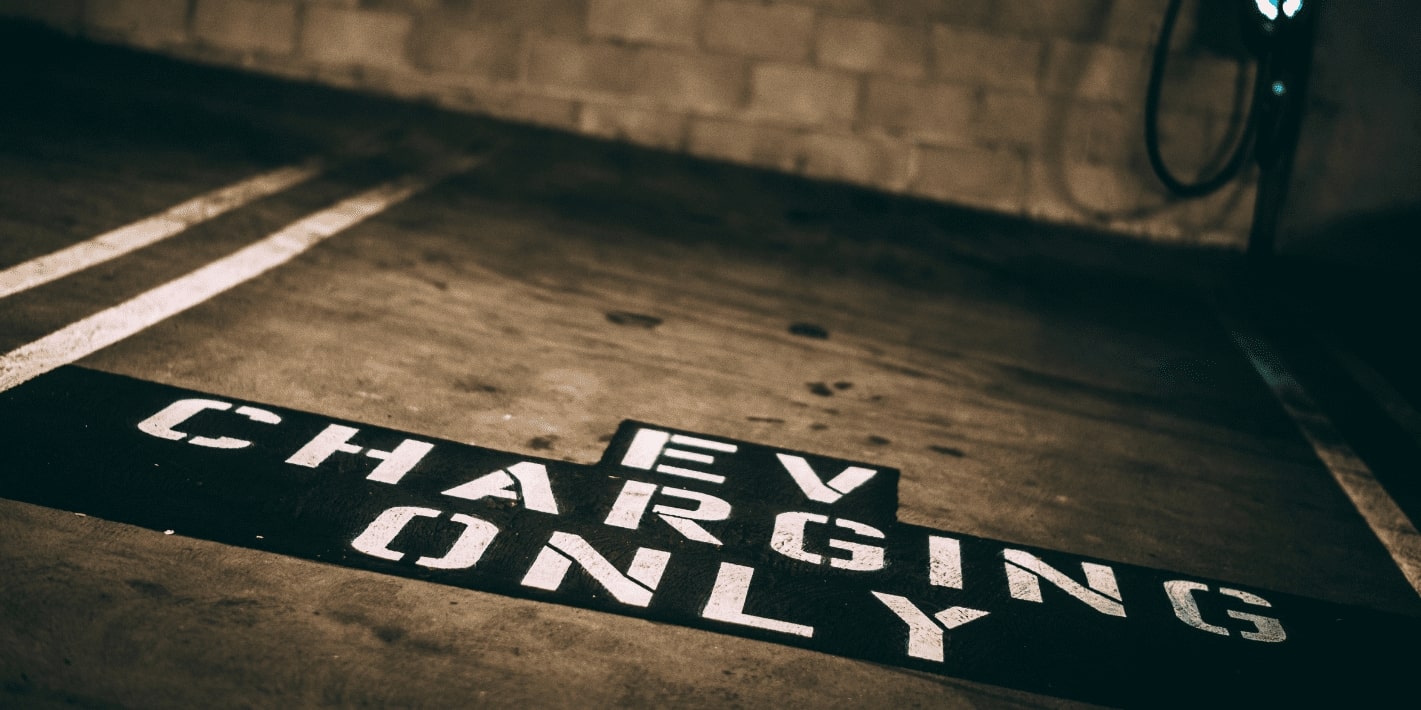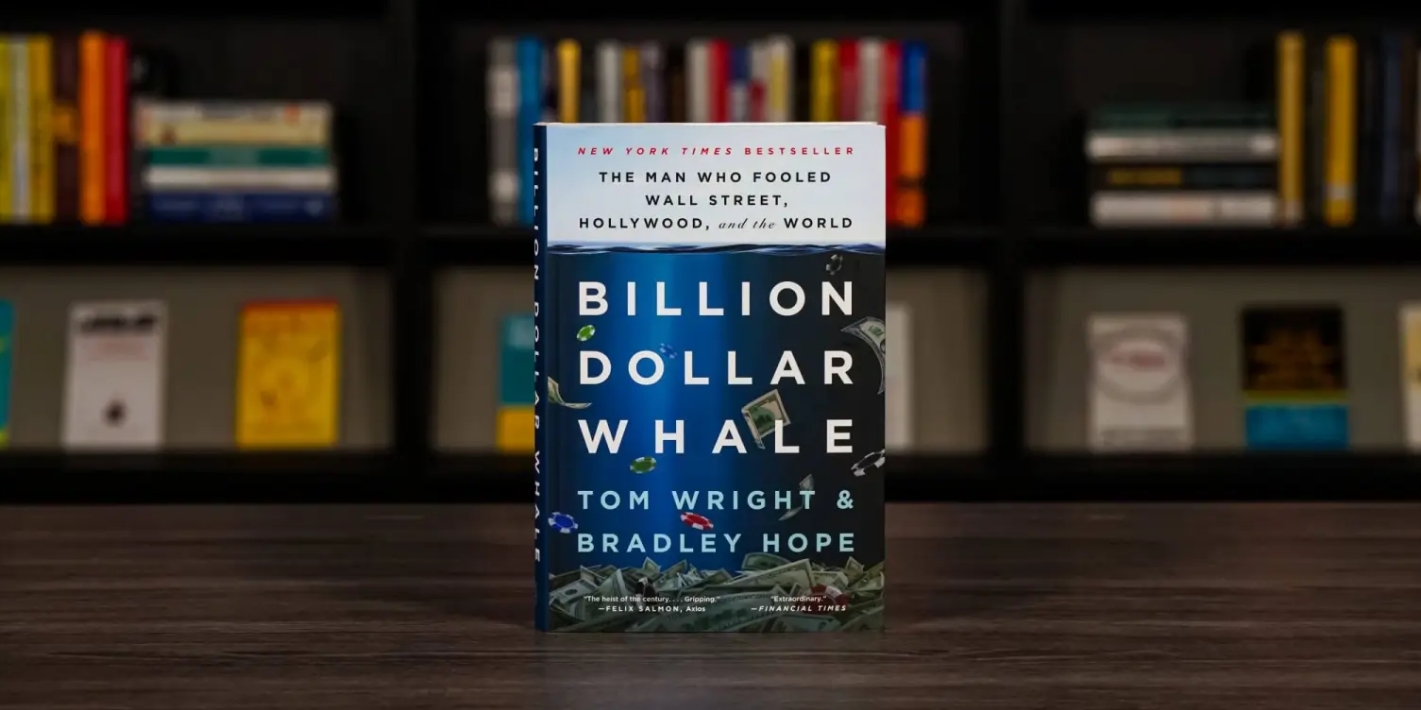I am re-reading How to Sell Anything to Anybody by Joe Girard (book review coming soon).
Earlier today, I finished his chapter on Winning After the Close wherein Joe talks about the importance of ensuring customer satisfaction AFTER completing a sale. He gives examples of how he goes out of his way to ensure that his customers sing his praises to their friends and family. He links the importance of satisfying his customer to the Girard’s Law of 250, i.e., each person has a direct connect to 250 people; therefore, an unhappy customer can directly influence 250 people. Consequently a salesperson or a business that disappoints two customers a week will have 26,000 negative influence every year!
Why is it important to follow what Joe Girard says? For starters, the man still holds the Guinness Book of World Records for being the most successful car salesman in history. This man was selling six cars a day (on average) while the average salesman struggled to sell one. He was out making $500,000 a year selling cars in the 1970s, i.e., eight times the per capita income in the US of A – TODAY!
So yes, when that man says something – it is worth our time and attention. I am coming back to my point for the post today. I just bought my first car in India. It was an important moment for my team and me. We were ecstatic on getting the car delivered on Tuesday evening. However, instead of reveling that moment and remembering it for the years to come, all we cannot forget is how the salespeople delivered the car with just enough fuel to get the vehicle to the closest petrol pump!
The saleswoman blamed the empty fuel tank on some dealership policy of ensuring that customers get a bone dry fuel tank. I could not disagree more with her firm, her firm’s strategy, and finally with the saleswoman herself. If she was so embarrassed about her firm’s stingy policy, she could have ensured a happy customer by filling up the tank herself – she would make more than the Rs. 2200 it cost me to fill the tank.

Buying a car is one of the most important purchases in one’s life. I can still remember, like yesterday, the first car I bought with the money I earned by working during the first summer semester in college – a 1996 Mercury Sable with a v6 engine. I was so proud of the car even though it was six years old at the time of purchase. The moment gives me goosebumps even today. Then 17 years later I buy my first car in India, a Honda Civic, and it is an expensive car (for my standards), but it was delivered as though the dealership was running out of money. It left a sour taste and you won’t have to think hard whether this dealership (Arya Honda) will be recommended by me to anyone. The answer is no.
I must re-emphasize that a happy customer is the best salesperson. He/she will boast about his/her positive experiences to their closest network. On the other hand, an unhappy customer will tell anyone that would like to hear him/her of their negative experiences and feeling cheated by a car dealership. Unfortunately, these car dealerships operate under old maxims therefore continue to misread their customers. Any start-up founder that is reading this post should not.
Your customer whether they are B2C, B2B, B2B2C or B2B2B or B2B2B2C (and so on) must be happy with their purchase of your goods or services. To hide behind the veil of corporate policies is the old way of doing business, and you must ensure that your salespeople are sufficiently empowered to ensure post-sales customer satisfaction, at all costs! It is just as important that those negative experiences are corrected by changing policies and processes.
The process in which the company acquires a customer, gives them lousy experience, and allows the salespeople to blame an insane corporate policy is a sure indication of a deeper rot settled in that organisation.
A rot that every entrepreneur should guard their companies against the cost of all their corporate policies.






